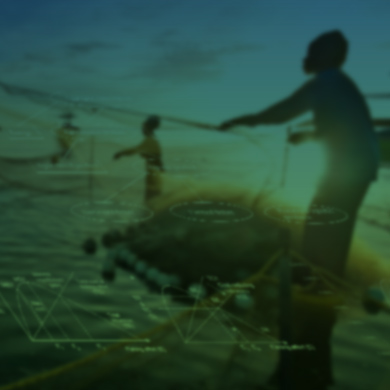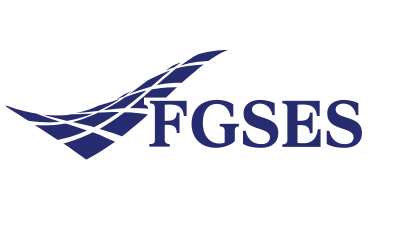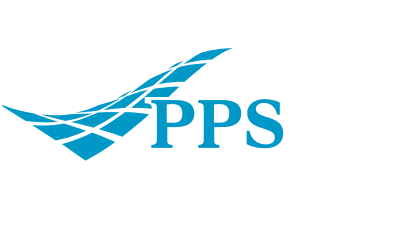
On Thursday, March 30th, Professor Abdelkabir Kamili will lead a research seminar on ''Fisheries Bioeconomic Models Based on Dynamic Computable General Equilibrium Approach''.
ABSTRACT
This paper addresses the main issue of how policy and economic conditions can affect fishing activities and resource sustainability. To answer this question, we have developed a dynamic bioeconomic model based on a coupling technique using a biological fisheries resource assessment model and a Dynamic Computable General Equilibrium Model (DCGEM). The result is a decision support tool that can provide potential users with the ability to conduct theoretical impact analyses on the fisheries sector. Applied simulations related to the world fuel price increases showed a negative impact on balanced production levels of fishing activities in the short and medium term, but the impact becomes positive in the long term. However, to meet growing market demand, if biomass allows, balanced production tends to increase regardless of fuel price. Except that this increase will not last long before starting to decline due to the upper limit imposed by Maximum Sustainable Yield levels. On the other hand, the impact of these price increases remains in favor of exploited stocks whose balanced biomasses converge towards long-term stationary states. These are perfectly synchronized with the balanced catches that correspond to the stocks' annual growth levels. Thus, in a sustainable management context, the model makes it possible to impose production limits that never exceed the renewal levels of the exploited resource. It also leads to stable biomasses that remain intact, thus ensuring the sustainability of the resource.




